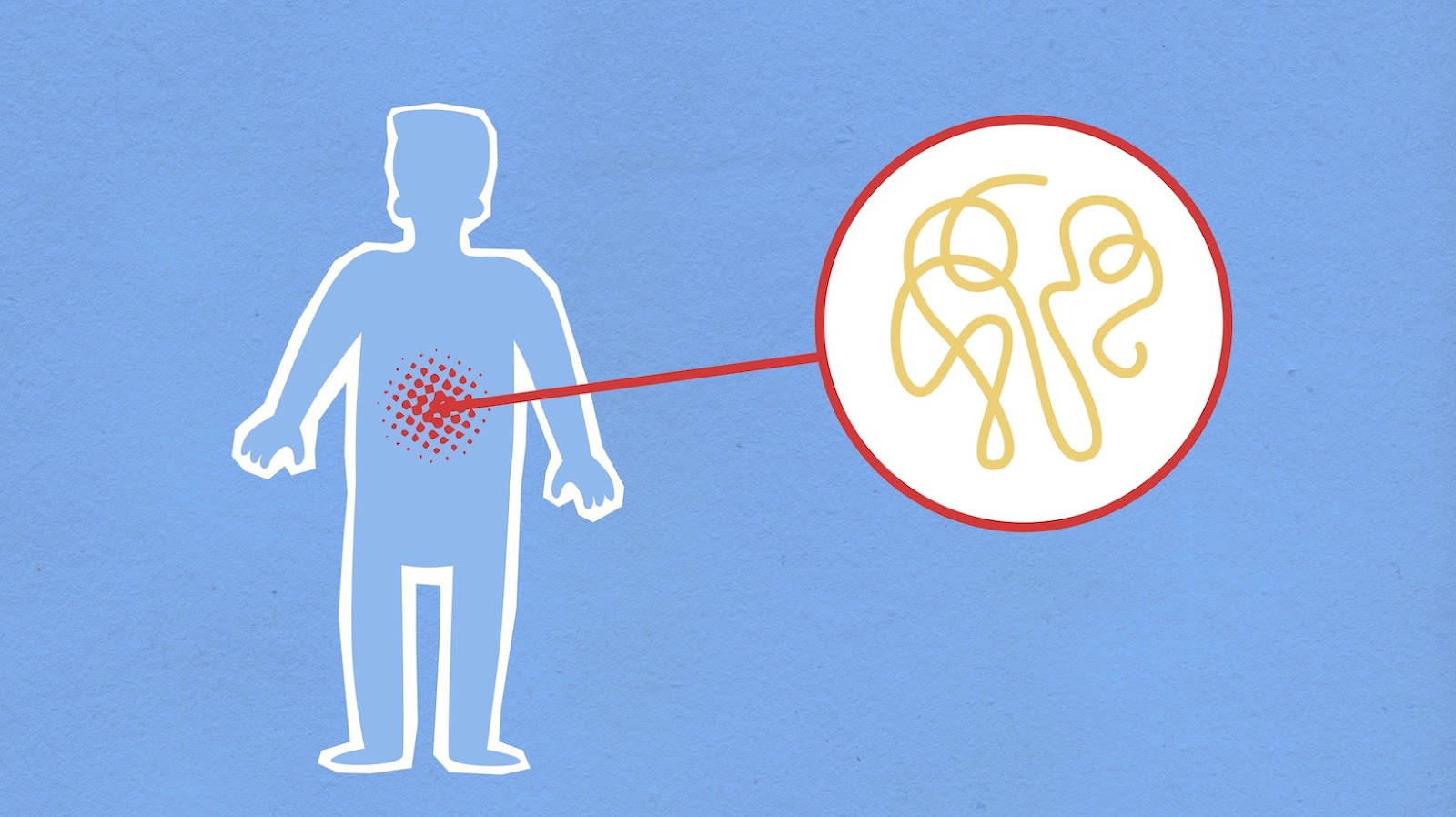
Diving headfirst into the world of health and wellness, I’ve discovered a common question that seems to echo throughout various online forums and blogs: “Is keto good for Hashimoto’s?” It’s a query often posed by individuals dealing with this autoimmune disorder that attacks the thyroid gland. The ketogenic diet, known more commonly as ‘keto,’ has gained substantial popularity over recent years due to its potential benefits concerning weight loss and blood sugar control. But does it hold any merit when it comes to managing Hashimoto’s disease?
As someone passionate about nutrition science, I decided to explore this topic further. My aim is not just to give you a yes or no answer, but rather provide an understanding rooted in research and evidence. So let me share what I found on whether a keto diet could potentially benefit those living with Hashimoto’s.
In the study of diets and their effect on various health conditions, there’s seldom a one-size-fits-all solution – our bodies are wonderfully complex after all! When considering if keto is good for Hashimoto’s, we need to look at what both entities entail: how does a ketogenic diet work? And how does Hashimoto’s affect your body? Only by understanding these aspects can we truly assess if they’re compatible or beneficial in tandem.
Understanding Hashimoto’s Disease
Hashimoto’s disease, a common type of hypothyroidism, can be quite the challenge to manage. It’s an autoimmune disorder where your immune system attacks your thyroid, a small gland at the base of your neck. This results in inflammation and impairs the thyroid’s ability to produce hormones, affecting body functions such as metabolism and energy production.
Is Keto Diet Beneficial For Hashimoto’s Disease?
As someone who has researched extensively on diet and health relationships, I’ve noticed that many people often ask: “Is keto good for Hashimoto’s?” The ketogenic (keto) diet is low in carbohydrates and high in fats. By restricting carbs, the body enters a metabolic state called ketosis, where it burns fat instead of glucose for fuel.
While there isn’t a one-size-fits-all answer due to individual differences in health factors and response to diets, some research hints at potential benefits of keto for those with Hashimoto’s. For instance:
- A decrease in inflammatory markers: High-fat diets like keto can reduce inflammation – a significant factor in Hashimoto’s.
- Improved insulin sensitivity: Keto can enhance insulin sensitivity which might indirectly support thyroid function.
However, it’s crucial to note these effects are not exclusive to everyone following a keto diet.
Understanding The Impact Of Keto On Hashimoto’s
The impact of a keto diet on individuals with Hashimoto’s may vary widely based on several factors including age, overall health status, genetics among others. While some people report increased energy levels and weight loss—which could potentially benefit those with hypothyroid symptoms—others might experience negative side effects such as fatigue or nutrient deficiencies due their restricted carb intake.
It should also be noted that long-term effects of maintaining ketosis are still under debate among researchers. Therefore it would be wise if you consult with healthcare professionals before embarking on this dietary change.
Potential Risks Of Keto With Hashimoto’s
Let’s dive into the potential risks associated with a keto diet for those living with Hashimoto’s disease.
Keto, short for ketogenic, is a high-fat, low-carb diet that’s been gaining popularity. But while it might be an effective weight loss strategy for some, it may not be the best choice if you’re dealing with Hashimoto’s.
One risk I’ve come across in my research is that a keto diet can potentially trigger thyroid dysfunction. This could further exacerbate symptoms in people already suffering from Hashimoto’s. The high fat content of keto diets might also raise cholesterol levels, a common concern for those with this autoimmune condition.
Another factor to consider is nutrient deficiency. A strict keto diet often lacks certain nutrients like iodine and selenium, which are crucial to thyroid health. Here are some key points:
- Keto diets tend to be low in iodine and selenium
- These nutrients are essential for thyroid function
- Deficiency can worsen symptoms of Hashimoto’s
So, is keto good for hashimoto’s? While there are potential benefits – such as weight loss – the risks could outweigh these positives depending on your individual circumstances. Remember: knowledge is power! Be informed about your choices and listen to what your body tells you.

